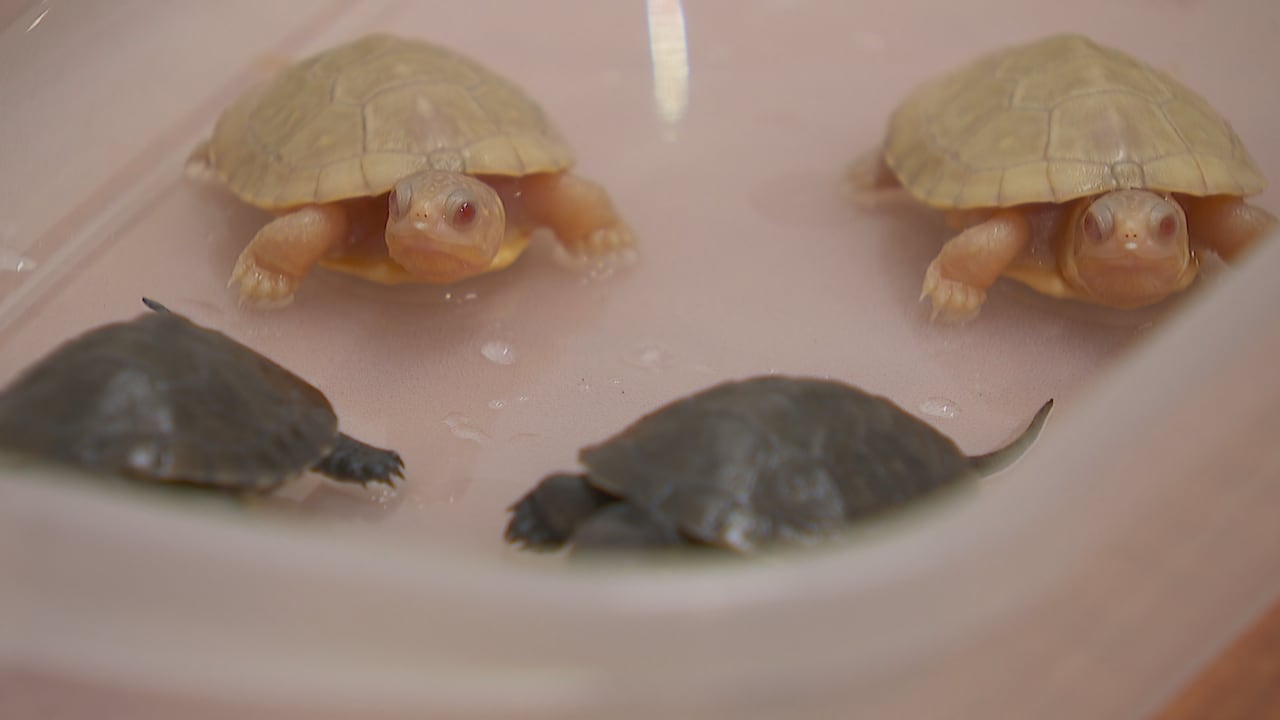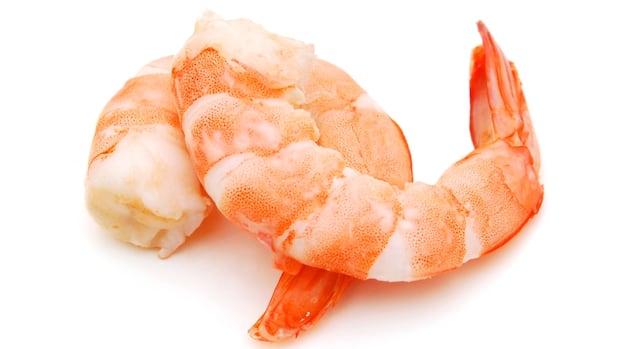Does a bear poop in the woods? Or in the city?
Researchers in Prince George, B.C., are asking for the public’s help to identify and collect bear scat so they can then analyze it and compare the health of urban bears to those outside the city.
Biologist Laura Graham, a professor at the College of New Caledonia, is embarking on a multi-year study of the physiological differences found in urban bears to identify what’s bringing them to the city. Ultimately, the researchers aim to find ways to manage the bears and reduce conflict with humans.
In 2024, 303 black bears were killed by B.C.’s Conservation Officer Service (COS), a sharp decrease compared to 603 the year prior. Anywhere between 500 and 600 are generally killed by the COS annually.
Many of these deaths are because bears go looking for food, often in garbage bins.
But it’s not always the case, Graham said.
“Two years ago, it was a really bad year for bears coming into the city, but it was also a very bad year for forest fires. Is that a factor coming into whether or not the bears come into the city?” Graham said during an interview with CBC’s Bill Fee.
She said air quality and health coming out of hibernation could also be factors.
While Graham said she’s not asking anyone to go looking for poop, if they come across it, she wants to know.
“We’ll come pick them up, and then we can analyze them for hormones related to stress and metabolism,” she said.
It could be in your yard or a park nearby. If you see suspected bear poop, Graham is asking that you either take a photo and send it to 778-349-4813 or collect it if you happen to have a plastic poop bag with you — like those used to pick up after dogs.
For those sending in photos, the sample has to be relatively “fresh,” and they’ll need to include the location of the sample.
Anyone bringing the sample in should label it with the time and date collected, as well as the location. It can be dropped off at the college, where there’s a designated refrigerator for bear poop.
According to the Fur-Bearers, an environmental advocacy group, identifying bear scat is simple: it’s large, dark and can appear “loose or tubular,” the organization’s website says.
The research team is accepting photos and samples until late October, and the findings from the study are expected to be available by spring 2026.






